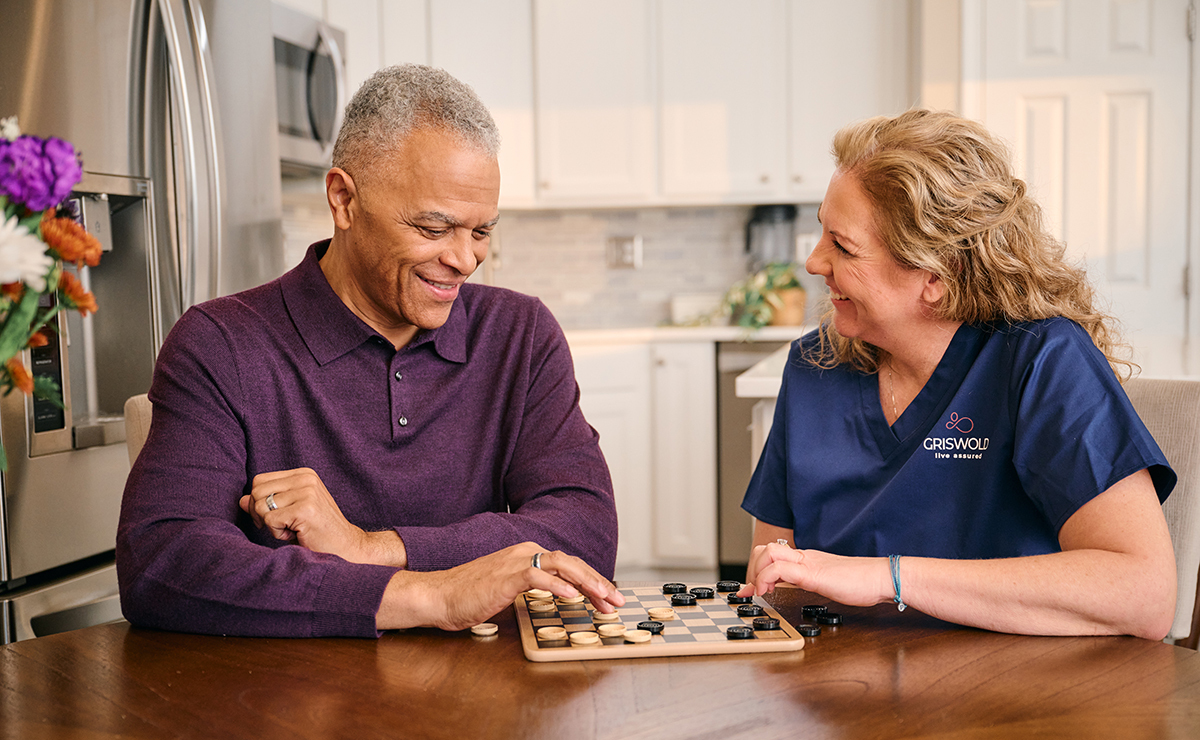Elderly Shopping Habits: Are Older Adults Online Shopping?
Category:

It isn’t just the kids and teenagers spending all their time online these days. Seniors and elderly adults spend plenty of their day connected through the internet as well, with 66% of those aged 65 and older reporting that they use the internet regularly. Like many of us, much of seniors’ time spent online is dedicated to Google, YouTube, and other video hosting sites, and social media. But seniors do report spending about 57% of their time online shopping, with 45% of their time looking for deals and discounts.
Elderly Online Shopping
The ability to shop online can be an enormous convenience for the elderly. There are a variety of reasons an elderly person may not be able to go to a store or mall in person. Perhaps they can no longer drive. Perhaps they have poor mobility and cannot go out alone and do not want to inconvenience a family member. Perhaps the crowds and long lines are too much for them at this stage. Whatever the reason, the ability to browse virtual shelves and shop from the comfort of their couches can be a huge convenience to many seniors.
Elderly shopping habits and needs can include many things, such as prescriptions and other medical supplies, groceries, clothing, shoes, and other household items. Luckily, all of these items can be purchased online and delivered right to the door. There are many mail-order services for prescriptions. Almost every retail store on Earth has a website, and if all else fails, you can find almost anything on Amazon.
One potential stumbling block that could hinder a senior’s ability to shop online is their unfamiliarity with technology. There are websites online that provide classes geared towards the elderly so they can learn the basics of navigating the internet. This article: A Senior’s Guide to Computer Basics, is lengthy but covers nearly every topic related to basic computer skills.
Download a Free Guide to Home Care
Grocery Shopping for the Elderly
Groceries are a necessity for everyone, but shopping for groceries can be one of the most difficult types of shopping for the elderly. It requires a drive to and from the store, bending to reach items on low shelves, pushing a heavy shopping cart, and lugging heavy bags into the house upon returning home. Shopping for groceries online is a bit trickier than shopping for clothes or a new blender, but it can be done. An excellent list of the many online grocery shopping services can be found here.
Online Shopping During Coronavirus
Everything about living through the COVID-19 pandemic is challenging. But a particular challenge has been getting groceries – and not just because things like hand sanitizer and toilet paper are in short supply. With the elderly being more susceptible to this new virus, spending time in crowded places like grocery stores is not just inconvenient, it is also dangerous. The ability to buy groceries online and have them delivered has become extremely valuable, and seniors should not be afraid to use them. Luckily, many stores also provide shopping assistance for the elderly, with hours dedicated to the older population and additional store employees ready and willing to help.
Whether during “normal” times, or these strange times we currently find ourselves living, it is indisputable that older adults are online shopping, and taking advantage of the many senior discounts and other advantages that come with online shopping.
Subscribe
Date: 2020-05-14
Category:


